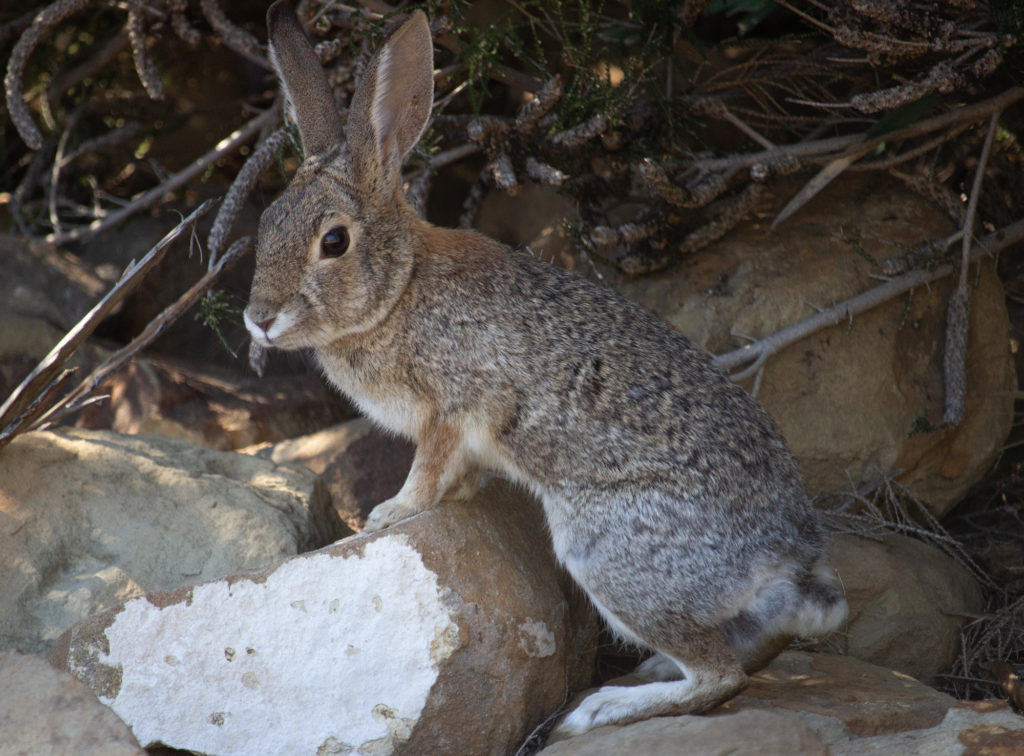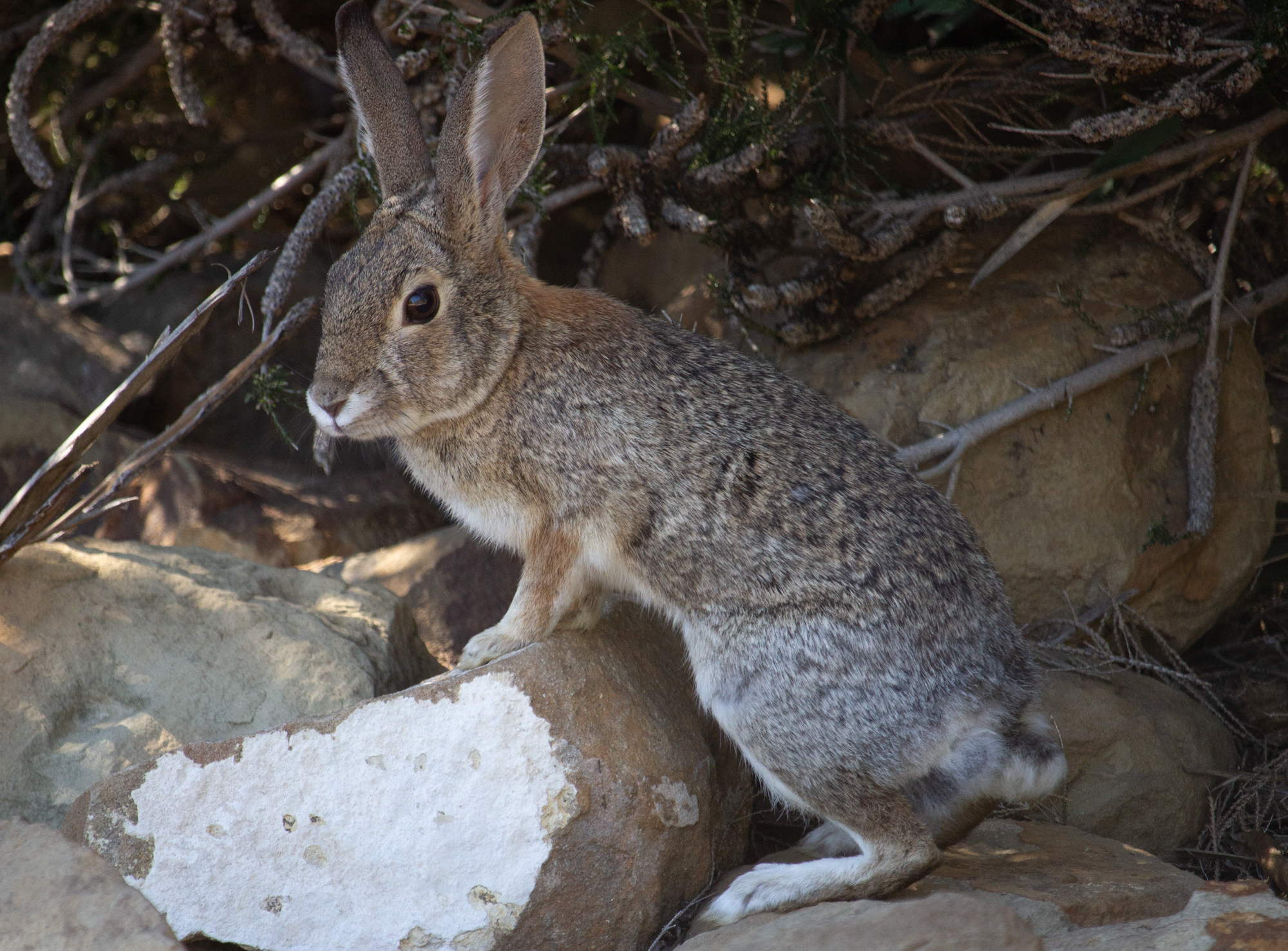
Written by Shaleah Green and Natalie Miranda
Pierce College has initiated the use of peppermint oil and barn owl boxes to help rid the campus of rodent infestation without harming the wildlife.
Last semester, faculty members had expressed concerns about the rabbits and squirrels that became victims of animal poison, which was housed in fake rocks around campus. It is no longer in use.
Interim President Larry Buckley said the poison, known as rodenticide, provides a painful death to its hosts.
“So a rat eats the blood thinner – it’s so powerful,” Buckley said. “The anticoagulant essentially collapses their cardiovascular system and they bleed to death internally. [It’s] cruel, but they die a pretty awful death as compared to a snap trap, which just breaks their neck–it’s done.”
Shannon DeVaney, the chair of the Life Science Department, took on an active role in finding eco-friendly alternatives to resolve the pest problem.
“Some of the other faculty on the campus were closer to where the poison was put out, and noticed the decline in wildlife,” DeVaney said. “They were noticing the decline first and were really sad about it. That‘s when I came in. I was able to say this is a problem and this is how it affects things. I was able to suggest we stop using the pesticide housing units.”
DeVaney has been working with Buckley to find eco-friendly ways to stop the rat infestation.
“I had first met with Mr. Buckley to give him my biological perspective on the rodenticide and how it is a problem,” DeVaney said. “We spoke about what other natural solutions we can do instead. He was very receptive. He agreed that we don’t want to keep using the pesticide on campus.”
Buckley acknowledges that rats were not the only rodents being harmed by the pesticides.
“The problem with rodenticides that are put into these kind of boxes is that other animals can get into them,” Buckley said. “So we know squirrels, rabbits, other small things such as gophers can all get in there.”
According to Cara Gillis, the professor of Environmental Ethics and chair of the Ethics Committee, said a holistic approach is the best solution to maintain the wildlife on campus.
“Peppermint oil and anything with capsasis, can be a deterrent for many animals,” Gillis said. “So putting those around trash cans will help with rodents and even ants, too.”
At the beginning of this spring semester, natural repellents like peppermint oil were placed around the perimeter of buildings that are known hotspots for rodent infestation.
The oil will also be placed outside of trash cans to help with any insect overpopulation.
DeVaney said along with peppermint oil, barn owl boxes will be placed in the trees during the early spring to encourage barn owls to nest on campus.
“The greatest thing about barn owls is they are great with people and they dont mind being around them,” DeVaney said. “Also, a rat is the biggest prey it can take so you wont need to worry about small dogs becoming prey from neighboring communities.”
Gillis disagrees with the use of deadly poisons because she believes it in inhumane.
“There is a conflict that we have to weigh,” Gillis said. “If we can do it in a less invasive way and still satisfy everybody’s interest, that will be the best way.”
Gillis encourages the students and faculty to keep looking for eco-friendly solutions to help the campus wildlife thrive.




